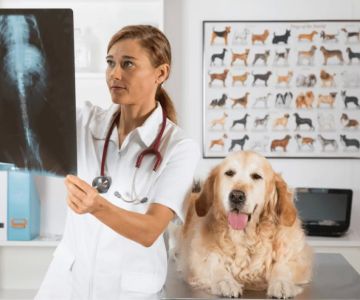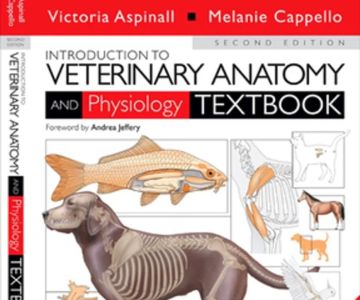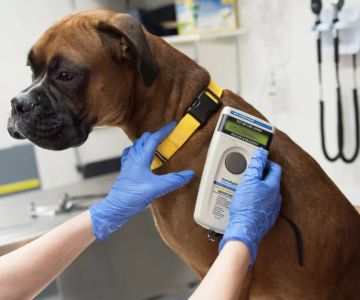What Certifications Do You Need to Be a Veterinarian? Essential Steps to Certification
- 1-Educational-Requirements-for-Veterinarians
- 2-Veterinary-Licensing-and-Exams
- 3-Board-Certification-and-Specializations
- 4-Continuing-Education-and-Professional-Development
- 5-Real-World-Experience-and-Case-Studies
- 6-Career-Advice-for-Aspiring-Veterinarians
1. Educational Requirements for Veterinarians
Becoming a veterinarian begins with rigorous education. Candidates must earn a Doctor of Veterinary Medicine (DVM) degree from an accredited veterinary school, which typically takes four years after completing undergraduate studies. The curriculum covers animal anatomy, physiology, pathology, pharmacology, and clinical practices.
Accredited schools follow strict guidelines ensuring that graduates are equipped with the foundational knowledge and hands-on experience essential for certification. Applicants must also complete prerequisite courses in biology, chemistry, and animal science to be eligible.
2. Veterinary Licensing and Exams
After earning a DVM degree, graduates must pass the North American Veterinary Licensing Examination (NAVLE) to practice legally. This comprehensive exam tests clinical knowledge and decision-making skills. Additionally, each state or country may require further licensing exams or jurisprudence tests to ensure familiarity with local laws and regulations.
Successfully passing these exams grants the veterinarian a license to practice and is a mandatory certification step for all practicing vets.
3. Board Certification and Specializations
Veterinarians seeking to specialize can pursue board certification in areas like surgery, internal medicine, dermatology, or exotic animal care. Board certification involves completing advanced training, residencies, and passing specialty exams administered by veterinary specialty organizations.
Specialized certifications enhance career prospects, demonstrate expertise, and often lead to roles in research, academia, or specialty clinics.
4. Continuing Education and Professional Development
Veterinary professionals must engage in continuing education (CE) to maintain their licenses and stay current with advances in veterinary medicine. CE programs include workshops, seminars, online courses, and conferences. Many states mandate a minimum number of CE hours annually to renew licenses.
This ongoing learning fosters professional growth, improves patient care, and helps veterinarians adapt to evolving industry standards.
5. Real-World Experience and Case Studies
Consider Dr. Emily, who after graduating with her DVM, gained certification by passing the NAVLE and completing a residency in small animal surgery. Her dedication to continuing education and specialization led her to become a sought-after surgeon at a prestigious veterinary hospital.
Such stories highlight the blend of education, certification, and experience that shapes a successful veterinary career.
6. Career Advice for Aspiring Veterinarians
Understanding what certifications you need to be a veterinarian is crucial for planning your career path. Begin by selecting an accredited veterinary program and preparing thoroughly for licensing exams. Consider areas of specialization that align with your passion.
For those ready to take the next step, exploring professional products, study guides, and certification prep tools can accelerate your journey. Investing in quality resources supports your ambition to become a certified veterinarian and deliver exceptional care to animals.











